80 Items
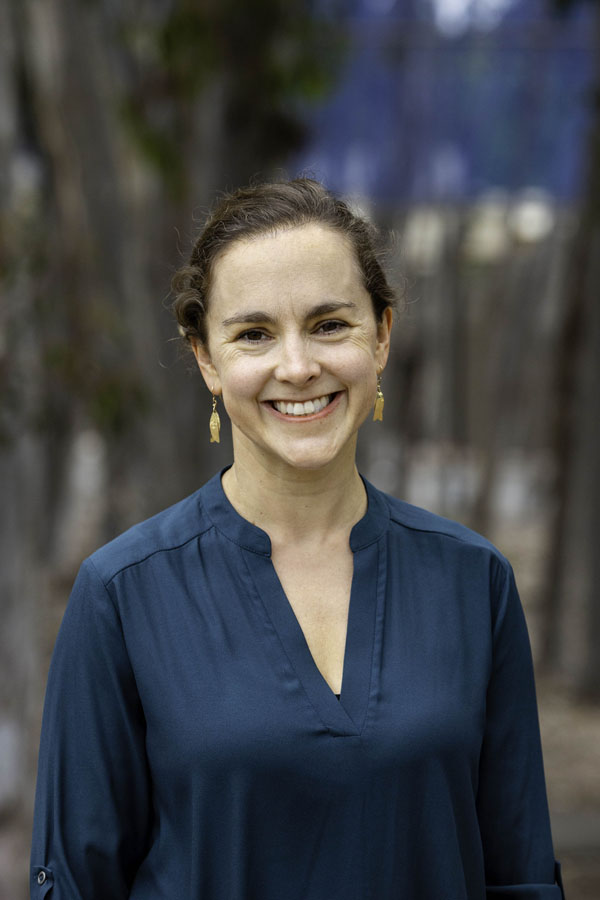
University of California, San Diego
Policy Areas
Human Services
, Labor & Employment
Keywords
Immigration, policing, deportation, gender
Bio
Abigail Andrews is Professor of Urban Studies and Planning, Director of the Center for Comparative Immigration Studies and the Mexican Migration Field Research Program, and affiliated faculty in Sociology at the University of California-San Diego. Her work focuses on US immigration enforcement including deportation, the asylum system, and the policing of undocumented immigrants. She does extensive collaboration with immigration advocacy and policy organizations.
Selected Publications
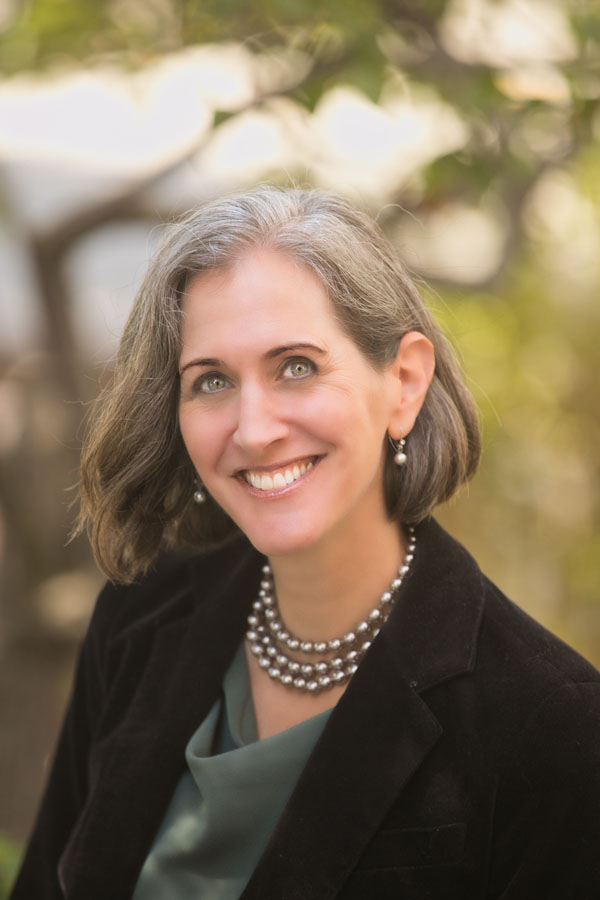
University of California, Berkeley
Policy Areas
Public Safety
, Health
, General Government
Keywords
Civic Engagement, Public Safety, Health, Education, Social Services
Bio
Amy E. Lerman is the Michelle Schwartz Chair and Professor of Public Policy and Political Science at the University of California, Berkeley. She is also the Executive Director of the Possibility Lab, where she leads a team of researchers and practitioners who collaborate with government and community organizations to design, pilot, and scale data-driven innovation for the public good. Her scholarship can be found in a wide variety of academic journals and several award-winning books, and has been featured in numerous media outlets including the New York Times, Washington Post, USA Today, CNN, and NPR. She consults widely on issues related to civic engagement and trust in government, evidence-based policymaking, access to higher education, criminal justice reform, and law enforcement mental health.
In addition to her research, Lerman previously served as a speechwriter and communications consultant for national nonprofits and members of the United States Congress, a community organizer in Latin America and Southeast Asia, and an adjunct faculty member of the college at San Quentin State Prison. In 2023, Lerman was elected to the American Academy of Arts and Sciences.
Selected Publications

University of California, Irvine
Policy Areas
Transportation & Infrastructure
, Housing
, Economy
, Health
Keywords
Health Disparities, Equitable Evaluation, Social Determinants of Health, Policy Implementation, Tobacco Control
Bio
Ana Herrera, Ph.D., MPH, is a Postdoctoral Scholar in the Department of Health, Society, and Behavior at UC Irvine. As an alum of the CDC Public Health Scholars Program and the Robert Wood Johnson Foundation’s Health Policy Research Scholars Program, she brings a wealth of expertise in public health and policy research. She is a mixed-methods health disparities researcher, with experience working with interdisciplinary government, philanthropic, and non-profit organizations across the nation to understand and examine the impact of complex factors that contribute to inequities in health outcomes among diverse populations. In The Community Health and Innovative Policy Lab, she is focused on policy implementation research with the desired goal that findings will contribute to our understanding of how policy impacts can promote health and reduce inequities. Ana earned her PhD in Health Behavior and Health Education from The University of Texas at Austin and an MPH from the University of Texas School of Public Health. In her spare time, Ana enjoys reading, baking, and traveling the world.
Selected Publications
-
Exposure to Tobacco Marketing in Bars Predicts Subsequent Use of Multiple Tobacco Products Among Non-Tobacco Using College Students.
By A.L. Herrera, K.E. Pasch, C.N. Marti, A. Loukas, C.L. Perry.
Tobacco Control.
2020.
-
Associations Between Formal Inspections of Unsafe Housing Conditions and Evictions in New York City Public Housing Buildings.
By R.A. Sonik, A.L. Herrera.
Journal of Community Health.
2022.
-
Exposure to E-Cigarette Marketing and Product Use Among Mexican-American Young Adults on the Mexico Border.
By A.L. Herrera, A.V. Wilkinson, E.A. Cohn, C.L. Perry, S.P. Fisher- Hoch.
Taylor & Francis Cogent Series.
2018.
-
Is a Web-Based Cessation Program Acceptable to Vocational Student Smokers?.
By A. Loukas, A.L. Herrera, A. Loukas, K.E. Pasch.
Health Behavior and Policy Review.
2018.
-
Targeting Hispanic Adolescents with Outdoor Food & Beverage Advertising Around Schools.
By A. L. Herrera, K.E. Pasch.
Ethnicity & Health.
2017.
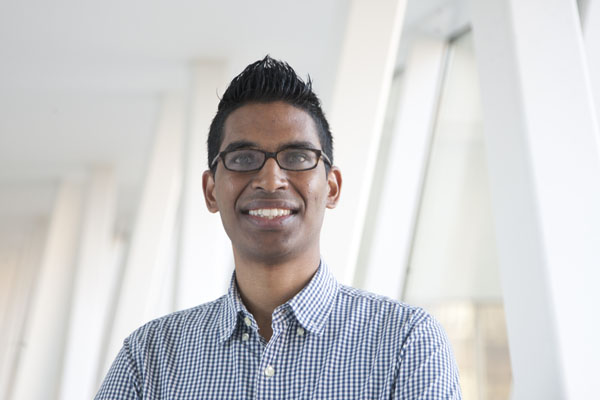
University of California, San Francisco
Policy Areas
Health
Keywords
Hospital, Post-Acute Care, Outcomes, Quality of Care, Epidemiologic Methods
Bio
Anil Makam, MD, MAS, is a hospital medicine physician and a health services and policy researcher. Dr. Makam applies health services research and advanced epidemiological methods using claims data, EHR data, nationally representative cohorts, and prospective observational cohort data to examine health outcomes and health policies. He has been lead or senior author on a number of policy evaluations including quality measures, post-acute care, clinical policies, and medication access among Medicaid recipients. He also serves an Evidence Author consultant for the Institute of Clinical and Economic Review, a leading voice in assessing the value of medical innovations.
Selected Publications
-
Policy in Clinical Practice: Choosing Post-Acute Care in the New Decade.
By Anil N Makam, David C Grabowski.
Journal of Hospital Medicine.
2021.
-
Association of Scheduled vs Emergency-Only Dialysis With Health Outcomes and Costs in Undocumented Immigrants With End-stage Renal Disease.
By Oanh Kieu Nguyen, Miguel A Vazquez, Lakeesha Charles, Joseph R Berger, Henry Quiñones, Richard Fuquay, Joanne M Sanders, Kandice A Kapinos, Ethan A Halm, Anil N Makam.
JAMA Internal Medicine.
2018.
-
Effect of Site-Neutral Payment Policy on Long-Term Acute Care Hospital Use.
By AN Makam, OK Nguyen, B Kirby, ME Miller, L Xuan, EA Halm.
Journal of the American Geriatrics Society.
2018.
-
Blood Culture Use in the Emergency Department in Patients Hospitalized for Community-Acquired Pneumonia.
By AN Makam, AD Auerbach, MA Steinman.
JAMA Internal Medicine.
2014.
-
AMX0035 and Oral Edaravone for ALS; Final Evidence Report.
By AN Makam, K Suh, D Nikitin, JJ Carlson, M Richardson, R Mohammed, A McKenna, SD Pearson, DM Rind.
Institute for Clinical and Economic Review.
2022.
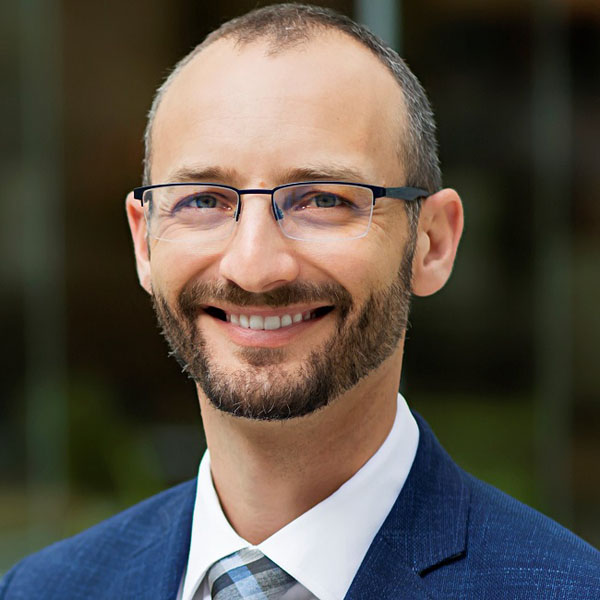
University of California, San Francisco
Policy Areas
Health
Keywords
Medicaid, 340B, Healthcare, Physician Burnout, Artificial Intelligence
Bio
Dr. DiGiorgio stands at the forefront of neurosurgery and health policy, bridging the gap between advanced medical practice and impactful healthcare policies. As a practicing neurosurgeon at the University of California, San Francisco, and a key member of the Philip R. Lee Institute for Health Policy Studies, he brings a unique perspective to the table. His affiliation with the Mercatus Center at George Mason University further amplifies his influence in healthcare policy circles.
His journey began at Charity Hospital in New Orleans, a cornerstone in safety-net healthcare, shaping his understanding of healthcare disparities. Today, he continues this mission at Zuckerberg San Francisco General Hospital and Trauma Center, a vital institution for underrepresented communities.
Dr. DiGiorgio's academic credentials, including a Master's in Health Administration and a healthcare policy fellowship in the U.S. Senate, equip him with a deep understanding of the healthcare system. His clinical fellowships in neurotrauma and spine surgery enable him to offer exceptional care to a diverse range of patients, underscoring his commitment to equality in healthcare access.
His work extends beyond the operating room into the realm of policy and advocacy, focusing on those often overlooked in healthcare discussions. His numerous congressional testimonies and peer-reviewed publications explore the critical intersection of neurosurgical practices, healthcare policy, and patient advocacy, highlighting his dedication to improving healthcare systems, especially for vulnerable populations.
As a licensed and board-certified neurosurgeon in California, Dr. DiGiorgio is not just a medical expert but a visionary in healthcare policy, committed to creating a more equitable and effective healthcare system for all.
Selected Publications
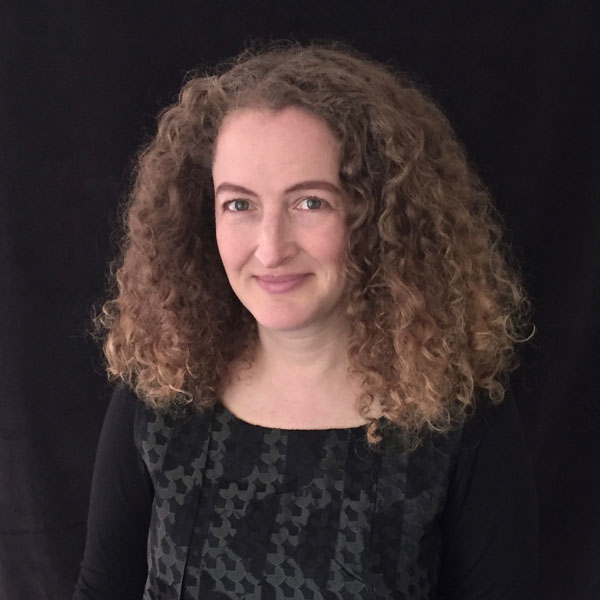
San José State University; Mineta Transportation Institute
Policy Areas
Housing
, Environment & Natural Resources
, Transportation & Infrastructure
Keywords
Transportation Taxes/Fees, Sustainable Travel Modes, Travel Behavior, Bicycles and Micromobility, Transportation Policy
Bio
Dr. Asha Weinstein Agrawal is Director of MIT's National Transportation Finance Center at San José State University, where she is also the MTI Education Director and Professor of Urban and Regional Planning. In addition to her research and publishing career, she is Director of SJSU's Graduate Program in Transportation Management, which educates working transportation professionals to prepare them for leadership roles within the industry.
Her research agenda, guided by a commitment to the principles of sustainability and equity, explores policy and planning tools that encourage sustainable travel choices and improve accessibility for people without easy access to personal vehicles. Specific topics through which Dr. Agrawal explores these questions include transportation funding policy, travel survey methods, transit passenger safety, and planning for pedestrians, bicycles, and micromobility.
Dr. Agrawal is actively involved with service to the professional transportation community. For example, she is a member of the California Transportation Commission's Road User Charge Technical Advisory Committee and the Metropolitan Transportation Commission (MTC) Next Generation Freeways Study Advisory Group.
A complete list of her publications.
Selected Publications
-
MTI Annual Survey of US Public Opinion on Federal Transportation Funding Policy.
By Asha Weinstein Agrawal, Hilary Nixon.
Mineta Transportation Institute.
2010-2024.
-
Projecting State Transportation Revenue in California.
By Asha Weinstein Agrawal, Hannah King, Humberto Tasaico, Martin Wachs.
Mineta Transportation Institute.
2018-2024.
-
Learning about Street Harassment on Transit: A Survey Instrument for Transit Agencies.
By Asha Weinstein Agrawal, Jon Canapary, Carol Anne Carroll, Tam J. Guy, Anastasia Loukaitou-Sideris.
Mineta Transportation Institute.
2023.
-
Investing in California's Transportation Future: 2022 Public Opinion on Critical Needs.
By Asha Weinstein Agrawal, Hilary Nixon.
Mineta Transportation Institute.
2023.
-
How and Where Should I Ride This Thing? "Rules Of The Road" for Personal Transportation Devices.
By Asha Weinstein Agrawal, Kevin Fang, Ashley M. Hooper.
Mineta Transportation Institute.
2019.

Cal Poly, San Luis Obispo
Policy Areas
Utilities & Energy
, Science & Technology, Environment & Natural Resources
Keywords
Offshore Wind, Marine Protected Areas, Environmental Assessment and Monitoring, Fisheries, Blue Economy
Bio
Dr. Benjamin Ruttenberg is a marine ecologist, Professor in the Biological Sciences Department at Cal Poly, and the Director for the Cal Poly Center for Coastal Marine Sciences. Ben’s work–including over 45 peer-reviewed publications–is strongly applied, collaborative, and seeks to improve our understanding and management of marine ecosystems. His current projects are focused on the ‘Blue Economy,’ such as how marine renewable energy and aquaculture can help solve the climate crisis, as well as other projects focused on commercial and recreational fisheries for fish and shellfish. Importantly, undergraduate and graduate students are involved in all aspects of these research programs. Over his 25-year research career, Ben has worked in kelp forests, coral reefs, the rocky intertidal, mangroves, on sandy beaches, and even occasionally on land. His research has taken him all over the globe, including extensive work in California, the Galapagos Islands, Florida and the Caribbean, the Philippines, and the Central Pacific Ocean. Before joining Cal Poly, he spent five years working for two federal agencies in Miami (NOAA and National Park Service). He received his PhD from the University of California Santa Barbara, his MS from Yale University, and his BA from Tufts University.
Selected Publications
-
Scenarios for Offshore Wind Power Production for Central California Call Areas.
By YH Wang, RK Walter, C White, MD Kehrli, BI Ruttenberg.
Wind Energy.
2022.
-
High Resolution Assessment of Commercial Fisheries Activity along the US West Coast Using Vessel Monitoring System Data with a Case Study Using California Groundfish Fisheries.
By YH Wang, BI Ruttenberg, RK Walter, F Pendleton, J Samhouri, O Liu, C White.
PLoS ONE .
2024.
-
Participation in Collaborative Fisheries Research Improves the Perceptions of Recreational Anglers towards Marine Protected Areas.
By EM Johnston, GT Waltz, R Kosaka, EM Brauer, SL Ziegler, ET Jarvis Mason, HS Glanz, L Zaragoza, AN Kellum, RO Brooks, BX Semmens, CJ Honeyman, JE Caselle, LF Bellquist, SL Small, SG Morgan, TJ Mulligan, CL Coscino, JM Staton, RM Starr, SL Hamilton, BI Ruttenberg, DE Wendt.
Frontiers in Marine Science .
2024.
-
Marine Protected Areas, Marine Heatwaves, and the Resilience of Nearshore Fish Communities.
By SL Ziegler, JL Johnson, RO Brooks, EM Johnston, JL Mohay, BI Ruttenberg, RM Starr, GT Waltz, DE Wendt, SL Hamilton SL.
Scientific Reports .
2023.
-
Distribution, Abundance, and Drivers of Population Variability of a Large Sandy Intertidal Bivalve (Tivela Stultorum) across California.
By AM Marquardt, SK Park, NM Clark NM, EG Maietta, G Waltz, LA Needles, BI Ruttenberg.
Regional Studies in Marine Science .
2023.
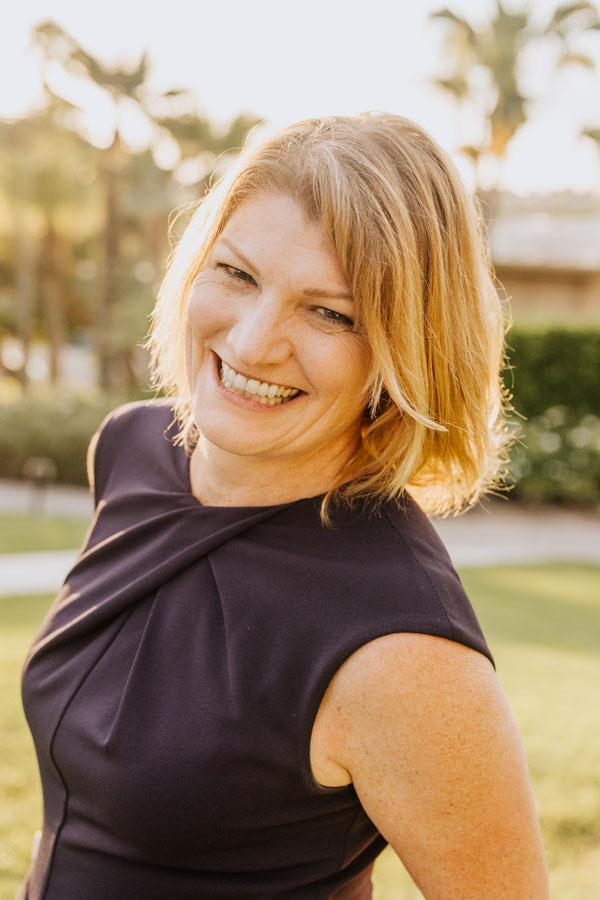
University of California, Irvine
Policy Areas
Education Pre-K through 12
, Health
Keywords
Digital Technology, Adolescent Mental Health, Childhood Adversity, Social Media, Poverty
Bio
Candice Odgers is a Professor of Psychological Science and Informatics at the University of California Irvine and Co-Director of the Child & Brain Development Program at the Canadian Institute for Advanced Research. She was previously a Professor of Public Policy at the Sanford School at Duke University.
She received her PhD in developmental and quantitative psychology at the University of Virginia and completed a postdoctoral fellowship at the Social, Genetic and Developmental Psychiatry at Kings College London. Her research focuses on how early experiences and social inequalities influence child and adolescent development, with an emphasis on how digital technologies can be leveraged to understand and improve the lives of young people. She currently leads a large network of psychologists and computer scientists testing how online platforms and tools can be improved to support and protect young people.
She is the author of over 100 scientific publications, appearing in journals such as Nature and the Proceedings of the National Academies of Sciences and her research has been disseminated widely via outlets such as the Economist, New York Times, London Times, Scientific American, and the Washington Post. More information about her work can be found on adaptlab.org
Selected Publications
-
Adolescent Mental Health in the Digital Age: Facts, Fears and Future Directions.
By Candice Odgers, Michaeline Jensen.
Journal of Child Psychology and Psychiatry.
2020.
-
Screen Time, Social Media Use, and Adolescent Development.
By Candice L. Odgers, Stephen M. Schueller, Mimi Ito.
Annual Review of Developmental Psychology.
2020.
-
Smartphones Are Bad for Some Teens, Not All.
By Candice Odgers.
Nature.
2018.
-
Challenges to low-income children in an era of increasing income inequality.
By Candice L. Odgers, Nancy E. Adler.
Child Development Perspectives.
2017.
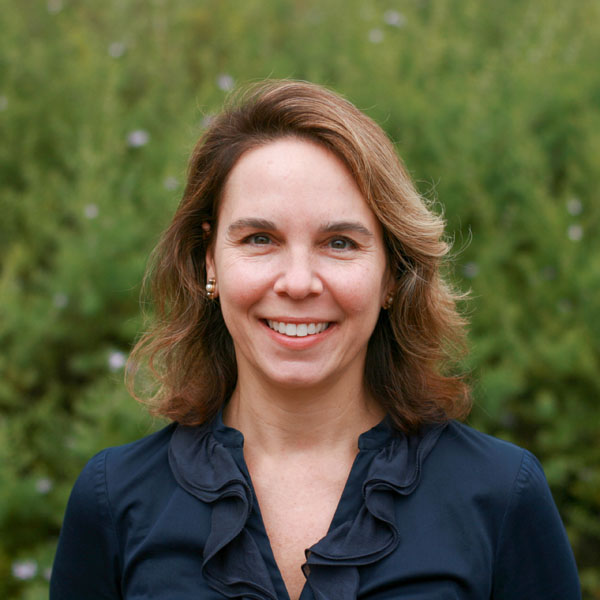
University of California, Irvine
Policy Areas
Public Safety
Keywords
Crime, Violence, Decarceration, Criminal Justice Reform, Immigration
Bio
Charis E. Kubrin is Professor of Criminology, Law & Society and (by courtesy) Sociology. She is also a member of the Council on Criminal Justice, the Racial Democracy, Crime and Justice- Network, the Diversity Scholars Network, the Scholars Strategy Network, The UC Consortium on Social Science and Law, and UCI's Center for Population, Inequality, and Policy. She is an expert for the Crime and Justice Research Alliance.
Kubrin's research analyzes neighborhood correlates of crime, with an emphasis on race and violent crime. Recent work examines the immigration-crime nexus across neighborhoods and cities, as well as assesses the impact of criminal justice reform on crime rates. Another line of research explores the intersection of music, culture, and social identity, particularly as it applies to hip hop and youth of color in disadvantaged communities.
Professor Kubrin has received several national awards including the Ruth Shonle Cavan Young Scholar Award from the American Society of Criminology (for outstanding scholarly contributions to the discipline of criminology); the Coramae Richey Mann Award from the Division on People of Color and Crime, the American Society of Criminology (for outstanding contributions of scholarship on race/ethnicity, crime, and justice); and the W.E.B. DuBois Award from the Western Society of Criminology (for significant contributions to racial and ethnic issues in the field of criminology). Most recently she received the Paul Tappan Award from the Western Society of Criminology (for outstanding contributions to the field of criminology). In 2019, she was named a Fellow of the American Society of Criminology.
Selected Publications
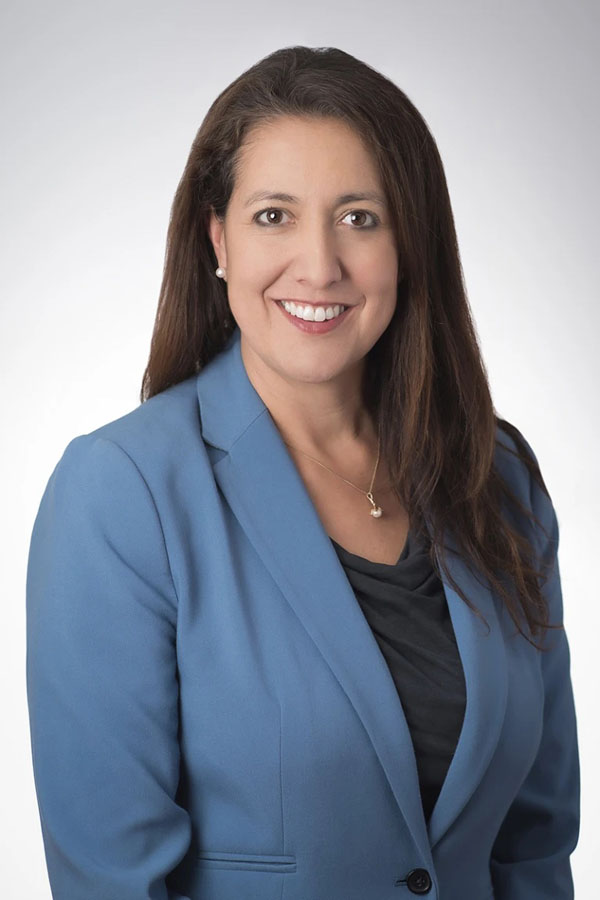
University of California, San Francisco
Policy Areas
Human Services
, Higher Education
, Health
Keywords
Promoting Equity in Academic Medicine, Elder Care and Other Informal Care, Childbearing and Family Leave Policies, Schizophrenia and Bipolar Disorder, Medical Care for People with Serious Mental Illness
Bio
Christina Mangurian, MD, MAS is the Vice Dean for Faculty and Academic Affairs in the UCSF School of Medicine and a Professor in the Department of Psychiatry and Behavioral Sciences and a Lynne and Marc Benioff Endowed Chair in Psychiatry. She is also core faculty at the Center for Vulnerable Populations at ZSFG, and affiliate faculty in the Philip R. Lee Institute for Health Policy studies. Dr. Mangurian is a national leader in health services research focusing on improving medical care for people with serious mental illness (e.g., schizophrenia and bipolar disorder). As a Latina physician scientist, she also has first-hand experience understanding the opportunity gaps in academic medicine for historically excluded faculty. She has become nationally recognized for her research and leadership in promoting equity in the academic medicine workforce, publishing her work in high-impact journals like NEJM, JAMA, Nature. Her work has been supported through diverse funding sources, including federal (NIH, NSF, DOD), foundations, county/state contracts, and philanthropy. In addition to being a member of the inaugural John A Watson Scholars, she has received numerous awards including the UCSF Chancellor's award for the Advancement of Women and the UCSF Academic Senate Distinction in Mentoring Award.
Selected Publications
-
Take These Steps to Accelerate the Path to Gender Equity in Health Sciences.
By Christina Mangurian, Claire D. Brindis.
Nature.
Nature Portfolio, Springer Nature.
2024.
-
Centering Women of Color to Promote Excellence in Academic Medicine.
By Christina Mangurian, Nancy D. Spector, Ruth S. Shim.
New England Journal of Medicine.
Massachusetts Medical Society.
2024.
-
Addressing Eldercare to Promote Gender Equity in Academic Medicine.
By Christina Mangurian, Julie Ann Sosa .
JAMA.
American Medical Association.
2023.
-
Paid Family and Childbearing Leave Policies at Top US Medical Schools.
By Nicholas S. Riano, Eleni Linos, Erin C. Accurso, Dawn Sung, Elizabeth Linos, Julia F. Simard, Christina Mangurian.
JAMA.
American Medical Association.
2018.
-
Behavioral Health and Burnout Among Physician Mothers Who Care for a Person With a Serious Health Problem, Long-term Illness, or Disability.
By Veronica Yank, Carolyn Rennels, Eleni Linos, Esther K. Choo, Reshma Jagsi, Christina Mangurian.
JAMA.
American Medical Association.
2019.

